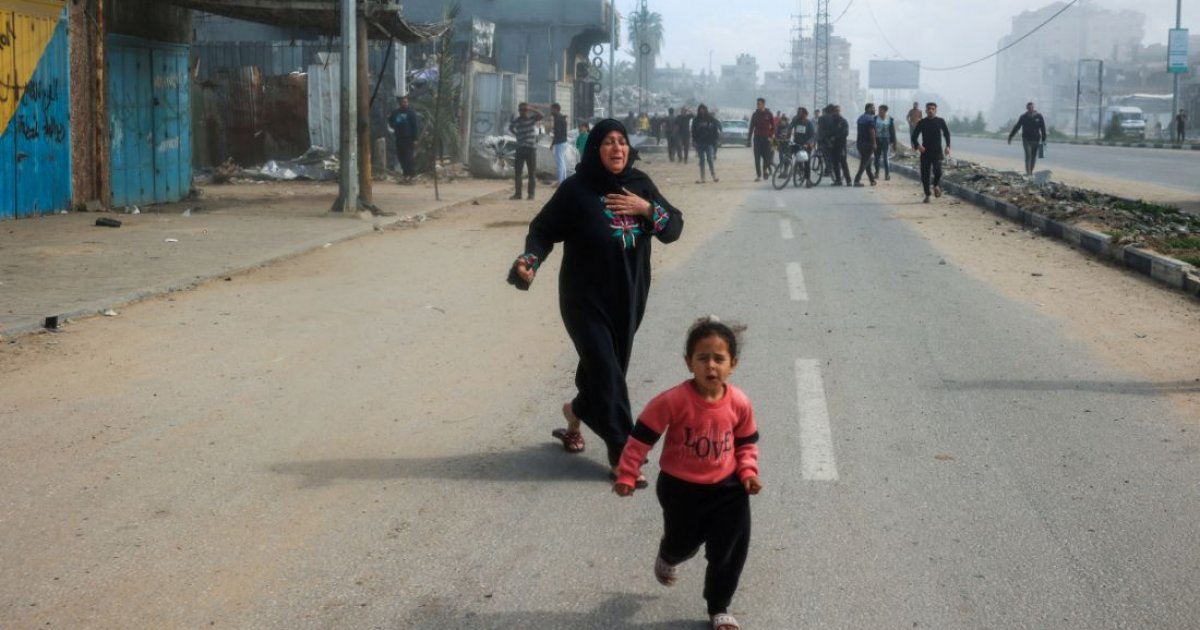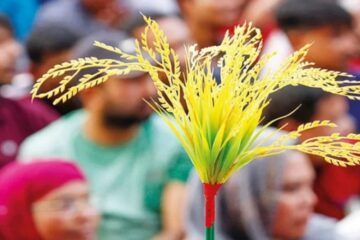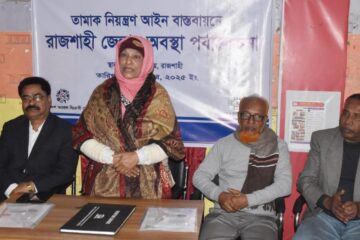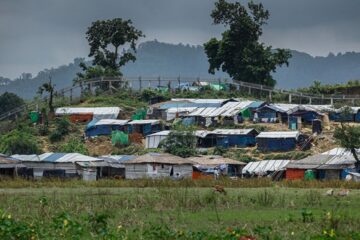The death toll in Gaza has climbed to over 69,000 since the start of the Israel-Hamas war, Gaza health authorities said Saturday.
As Israel and Palestinian fighters carried out another exchange of remains under the fragile ceasefire agreement.
The latest increase in deaths comes as more bodies are recovered and identified across the war-ravaged territory since the truce took effect on Oct 10. The toll also includes Palestinians killed in recent Israeli strikes that, according to Israel, targeted remaining resistance positions, reports UNB citing AP.
Hospital officials in Gaza confirmed that Israel returned the bodies of 15 Palestinians on Saturday, a day after fighters handed over the remains of an Israeli hostage identified as Lior Rudaeff, who was born in Argentina, according to Prime Minister Benjamin Netanyahu’s office.
The exchange of remains forms a key part of the ceasefire’s initial stage, which requires Hamas to repatriate all hostage remains. Families and supporters again rallied in Tel Aviv on Saturday evening demanding the return of all hostages.
The truce aims to de-escalate what has become the deadliest and most destructive conflict between Israel and Hamas. The war began with Hamas’ October 7, 2023, assault on southern Israel, which killed about 1,200 people and resulted in 251 hostages being taken.
Meanwhile, Israeli settlers launched two attacks on Palestinian farmers and residents in the occupied West Bank on Saturday, amid a surge of settler violence during this year’s olive harvest season.
Under the current arrangement, Israel releases the remains of 15 Palestinians for each Israeli hostage returned. Ahmed Dheir, head of forensic medicine at Nasser Hospital in Khan Younis, said that the remains of 300 Palestinians have now been handed back, with 89 identified so far.
“We lack the necessary resources and DNA testing capacity to identify them all,” Dheir said, adding that unidentified remains are being buried in groups.
Families anxiously inspected body bags in hopes of finding missing loved ones. “Close it, it’s not him,” one family murmured after looking inside.
“I come here every day. I haven’t lost hope. I’m still waiting for him,” said the mother of a missing boy, who withheld her name.
Gaza’s Health Ministry reported that 69,169 people have been killed since the war began. The ministry, run by the Hamas administration but staffed by professional medics, maintains detailed casualty records that independent experts generally consider credible.
Between Oct 31 and Nov 7, another 284 people were added to the death toll after verification. Over the past three days, 10 bodies were brought to Gaza hospitals — nine recovered from rubble and one newly killed — the ministry said, adding that 241 people have died since the ceasefire began. Many remain missing.
Israel’s military said Saturday that its troops killed two fighters who approached soldiers, one in northern Gaza and another in the south.
Palestinian health officials said 11 people, including journalists, medics, international activists, and farmers, were injured when Israeli settlers attacked the West Bank town of Beita. Rights groups say violence by settlers has reached unprecedented levels during this year’s olive harvest.
The UN humanitarian office reported that October saw more Israeli settler attacks on Palestinians and their property in the West Bank than in any month since recordkeeping began in 2006 — over 260 incidents in total.
Longtime activist Jonathan Pollak told the Associated Press that he was harvesting olives when dozens of masked settlers armed with clubs attacked, chasing people and throwing stones. Pollak said he was hit in the head and hospitalized. He witnessed five settlers assaulting a journalist and her security guard, beating her and denting her helmet.
A Reuters spokesperson confirmed that two of its journalists were attacked by men wielding sticks and rocks despite identifying themselves as members of the press. Both were injured, and Reuters called on Israeli authorities to investigate and hold the perpetrators accountable.
The Israeli military said it intervened to disperse a “confrontation between Israeli civilians and Palestinians during an uncoordinated olive harvest” and confirmed that several Palestinians were injured.
Rights groups have long said arrests for settler violence are rare, and prosecutions even rarer. According to data cited by Israel’s Haaretz newspaper in 2022, only 3.8% of settler violence cases led to charges, with most closed without action.
Separately, Palestinian paramedics reported another settler attack in the nearby village of Burin, where the Palestinian Red Crescent said four international activists and a 57-year-old man were injured.
Israel’s military said soldiers responded after rocks were thrown at an Israeli vehicle, and that Israeli civilians then threw stones at Palestinian harvesters. Both Israeli and Palestinian civilians were injured, it said.



